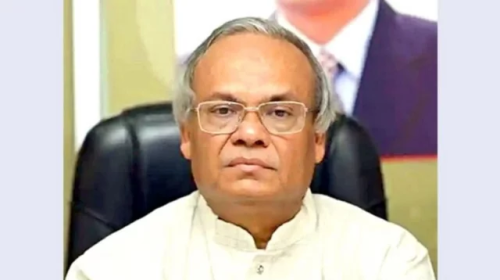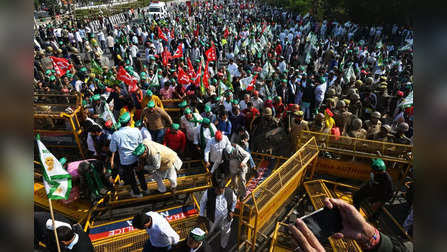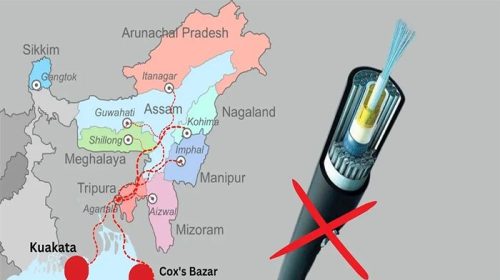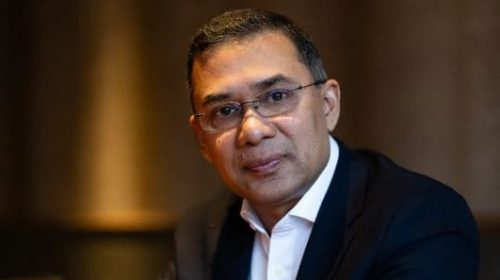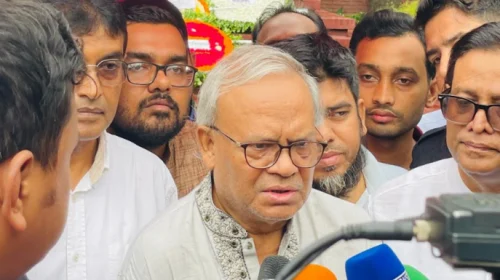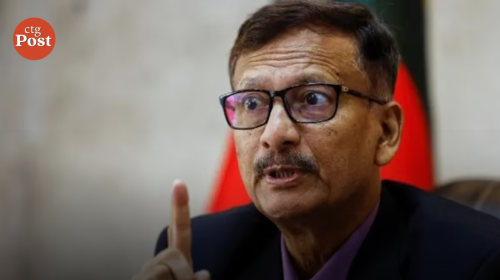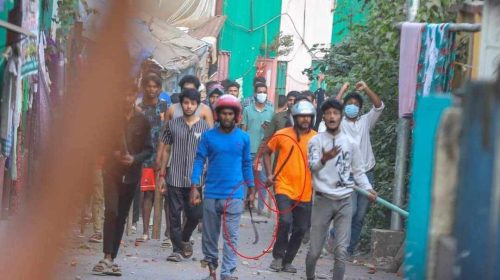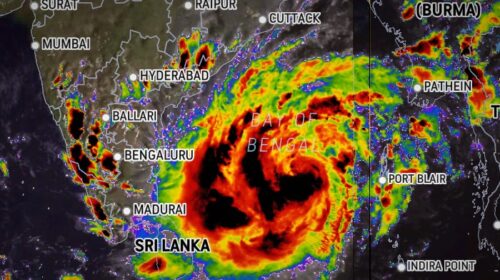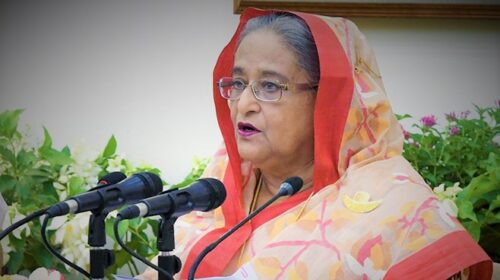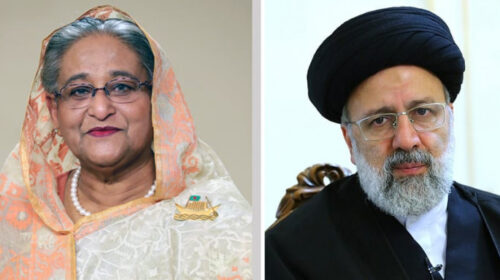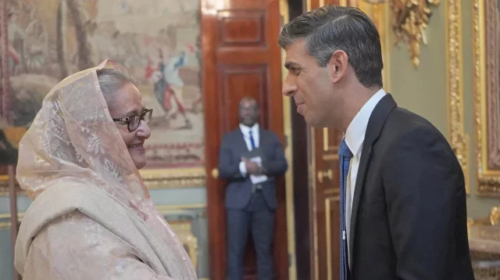Children above 14 cannot be engaged in risky work under any circumstances.
The Cabinet on Monday decided that no one under the age of 14 could be recruited to work, approving the proposal of ratifying ILO Convention-138 which restricted the employment of any child below 15.
The Cabinet suggested that considering the socioeconomic condition of any country, the age limit of work entry should be 14.
The approval came at the Cabinet’s regular meeting with Prime Minister Sheikh Hasina in the chair. The premier joined the meeting virtually from her official residence Ganabhaban, while her Cabinet colleagues were at the meeting room of the Cabinet Division in Bangladesh Secretariat.
“Considering the socio-economic condition of any country, the age limit of recruitment to work could be reduced to 14, but not less than it. The cabinet thinks that age is suitable for Bangladesh,” said Cabinet Secretary Khandker Anwarul Islam.
The cabinet secretary said: “ILO Convention-138” carries special significance as out of 189 countries across the world, 173 have signed it.”
He said: “The main issue is that generally a child is done with basic education by the age of 15 and that is why, no child under 15 can be employed.”
The cabinet secretary, however, said that these children, whether they are 14 or 15-year-old, cannot be engaged in any risky or dangerous work under any circumstances.
Children cannot be involved in activities that could lead to accidents or deaths, he said, adding that “and even if children of this age are employed, they cannot be treated as adults.” He also mentioned that the kids cannot be presented as an adult in marriage or other cases.
“If anyone commits a crime at this age, he or she will be considered as a child offender,” he added.
Replying to a query about the punishment if someone employs a child under the age of 14, Khandker Anwarul said punishment would be given according to the Labour Law.
The Cabinet also approved the draft of Export Policy 2021-2024 brought by the Ministry of Commerce. Normally, the government adopts an export policy every three years.
The cabinet secretary said the policy has been given the approval to cope with the upcoming challenges being emerged following the graduation of the country from the LDCs.
“Product diversification and identifying priority products, expansion of export industry, the importance of labour-based export industry, skilled development, making trade and investment easier and adaptation of comprehensive policy as well have been given special focus in the export policy,” he said.
He added particularly the country’s graduation, 4IR, three year grace period in EU market after the graduation, and economic diplomacy have also been given special importance.
Besides, the Cabinet also in principle approved the draft of “Bangabandhu Public University Naogaon Act, 2022” and “Thakurgaon University Act, 2022”.
With these two news, the cabinet secretary said the number of public universities will reach 52. The country now has 108 private universities.
In addition, a draft of the Bay of Bengal Initiative for Multi-Sectoral Technical and Economic Cooperation (Bimstec) Certificate was also approved in Monday’s Cabinet meeting.
Regarding the certificate, the cabinet secretary said it needs to be signed before the fifth Bimstec Conference scheduled to be held on March 30 in Sri Lanka and that is why it was placed at the Cabinet meeting.
He said Bangladesh would provide a secretarial function and Bimstec secretariat would be in Dhaka.
Following the sign of Bimstec Certificate, he said a free-trade region would be possible to be formed among the member countries alongside the development of communication for transportation of goods.




